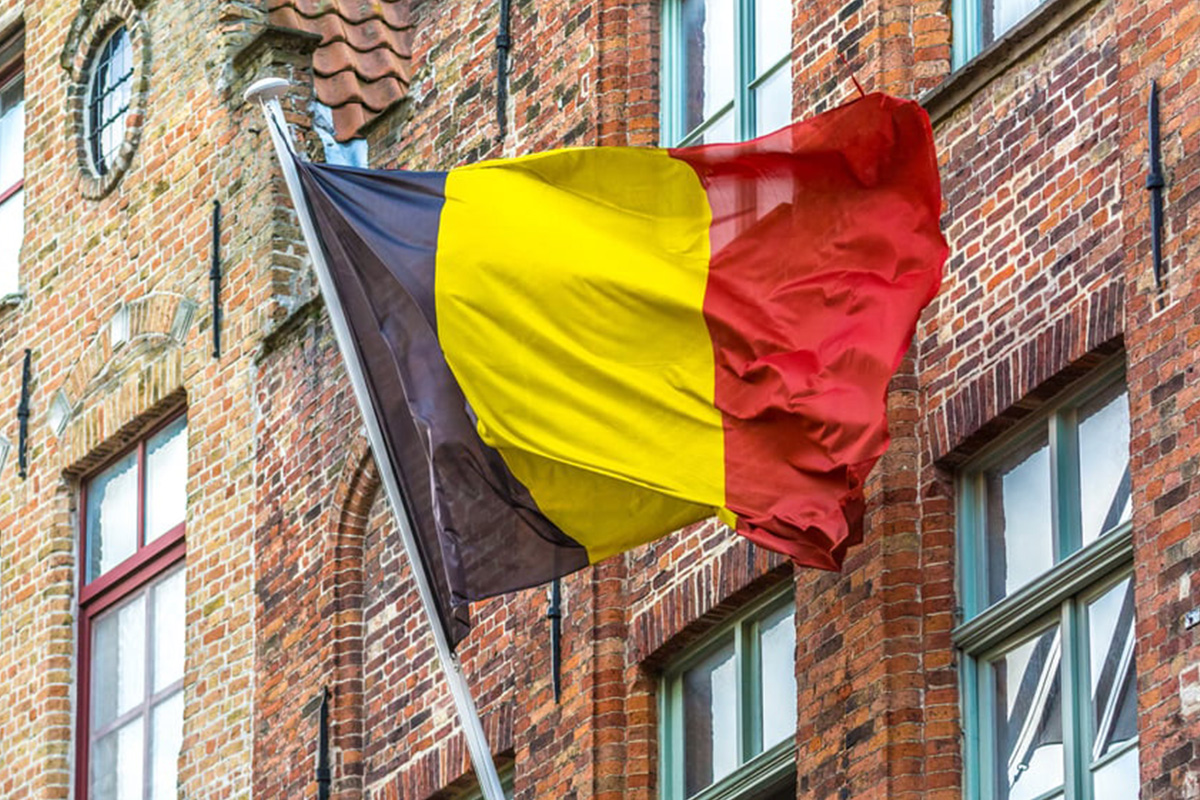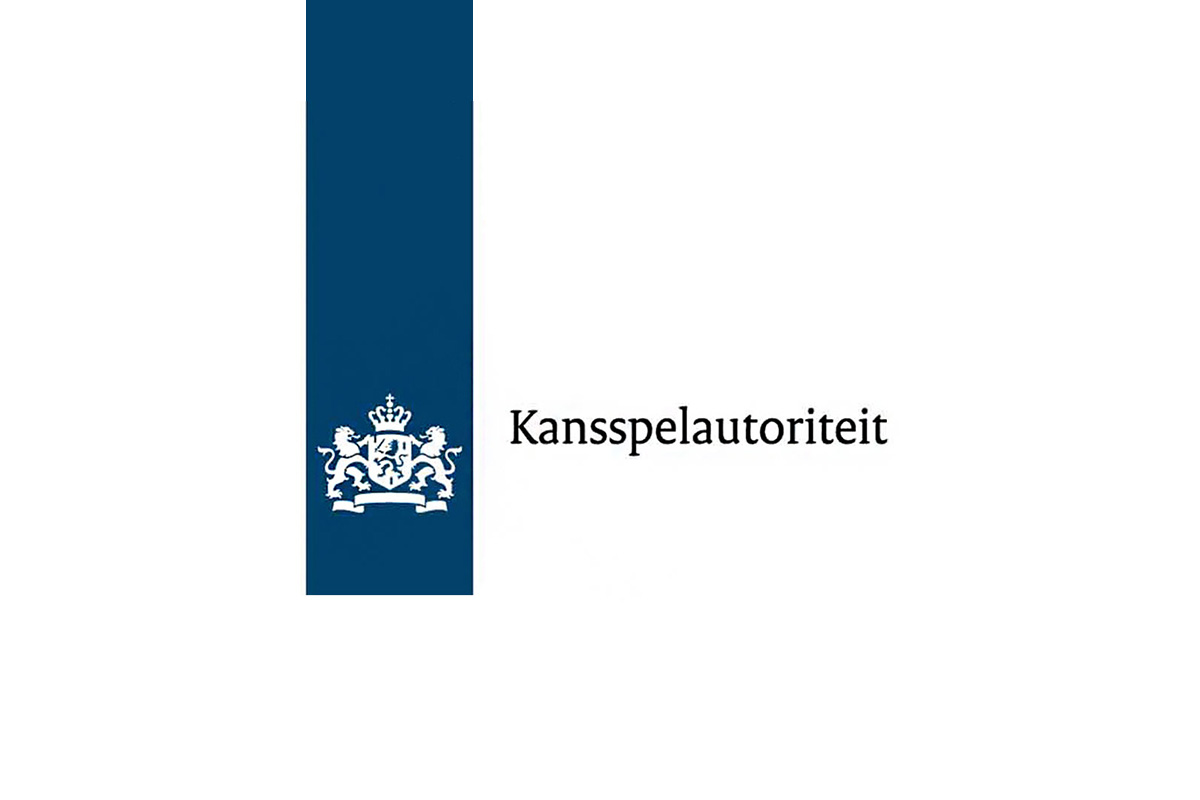Compliance Updates
Belgium Makes Legal Age to Gamble at 21 from September

Belgium regulators have made new amendments to the gambling laws in the country with the legal gambling age from 18 to 21. This move aims to align the age requirements for sports betting, arcades and bingo with those already in place for land-based casinos. The revised regulations are set to come into effect on September 1, 2024, and have been outlined in a press release by the Gaming Commission, as published in the Belgium Official Gazette.
The decision to increase the legal gambling age in Belgium is part of a broader effort to prioritise player safety and well-being. By raising the age limit, the authorities aim to provide a more secure environment for individuals engaging in gambling activities. The new legislation includes several other measures designed to safeguard players and ensure responsible gambling practices:
- Prohibition of Devices “3.3”: The revised regulations include a ban on the use of specific gambling devices, known as “3.3” devices. This prohibition aims to eliminate potential risks associated with these devices and promote safer gambling experiences.
- Ban on Cumulation of Online Licences: The new laws also prohibit the cumulation of online licenses on the same website. This measure seeks to prevent operators from exploiting multiple licenses to maximise their reach and potentially exploit vulnerable players.
- Ban on Gifts/Bonuses/Free Games: Another noteworthy provision is the ban on offering gifts, bonuses, or free games to players. This restriction aims to minimise the potential for excessive gambling and the associated risks it may pose to vulnerable individuals.
- Ban on Advertising Games of Chance: The revised regulations also introduce a ban in principle on advertising games of chance. This change intends to reduce the exposure of individuals to gambling advertisements, particularly targeting vulnerable populations, such as minors and problem gamblers.
- Age Limit of 21 Years and Refund in Case of No Control: To ensure effective age verification and compliance with the new regulations, individuals who fail to provide proof of age will be eligible for refunds. This provision emphasises the importance of age control measures and strengthens the responsibility of operators in verifying the age of their customers.
The raised legal gambling age in Belgium will have implications for both operators and players within the country’s gambling industry. For operators, it means implementing necessary changes to comply with the new regulations and adapt their marketing strategies to adhere to the ban on advertising games of chance. Additionally, operators will need to ensure strict age verification processes to prevent minors from accessing gambling services.
Players, particularly those between the ages of 18 and 21, will be directly affected by the increase in the legal gambling age. Those who were previously eligible to participate in certain gambling activities may now need to wait until they reach the age of 21. However, it is essential for players to understand that this change is intended to protect them from any potential harm associated with underage gambling. Responsible gambling practices and adherence to legal age limits are crucial for maintaining a safe and enjoyable gambling environment.
While the decision to raise the legal gambling age has been made with the best intentions, there are concerns and criticisms regarding certain aspects of the revised regulations. One notable concern is the potential for the new advertising restrictions to inadvertently benefit illegal operators. The Belgium Association of Gaming Operators (BAGO) has expressed opposition to a total ban on gambling advertising, arguing that it could make it more challenging for consumers to differentiate between legal and illegal operators.
Tom De Clercq, Chair of BAGO, emphasises the need for targeted advertising limitations rather than a blanket ban. BAGO advocates for limiting advertising, particularly through traditional media, but warns against the potential negative consequences of a total ban. They believe that a comprehensive approach that combines responsible advertising practices and effective regulation is key to maintaining a healthy and well-regulated gambling industry.
Compliance Updates
How Curacao new AML requirements differ from other flexible license jurisdictions

By: Dmitry Hotsyn, Senior Consultant and Head of CIS Desk at 4H Agency
Discussing Anti-Money Laundering (AML) rules in a way that keeps everyone awake is a real challenge. The iGaming industry often overlooks anything filled with jargon like KYC, AML, CDD, and SoWs—terms that just breed myths and misconceptions about jurisdictions supposedly having lax AML standards and low compliance burdens. For a while, Curacao was viewed as one of these almost mythical places.
Not anymore.
A significant shake-up has occurred with Curacao’s latest overhaul of its AML regulations, set to take effect on September 1, 2024. This update has triggered quite a bit of debate among gambling operators who view these new rules as unwelcoming, especially since Curacao is known for its sluggish pace in updating its gambling regulations.
But may it really be as bad as Curaçao’s deadline management?
Curacao’s AML Regulatory Changes: An Overview
Curacao is continuously revamping its regulatory frameworks, taking a page from Malta’s book — Maltifying the industry may work best to describe this process. The new AML rules, while perceived as burdensome, are in fact a balanced update alligning the Curacao practices with generally acceptable standards. Key aspects of the new regulations include:
- Clear Customer Due Diligence (CDD) thresholds: Operators must conduct CDD at the earliest practical time, but no later than when a player engages in a transaction amounting to approximately EUR 2200;
- Sanction and Politically Exposed Persons (PEP) Screening: Mandatory for at least EU, US and UN sanctions lists;
- High-Risk Indicators: A detailed list of indicators for high-risk cases has been provided, noting that the use of cryptocurrencies increases risk, though it is not outright prohibited;
- AML Officer Role: Each operator shall have a dedicated AML officer, equipped with sufficient resources and headcount to manage risks effectively;
- Policies and Guides: Ah year, more internal docs, rules and practice guides are expected from the operators holding licences in Curacao.
Despite the extensive nature of Curacao’s new rules, in essence, they closely resemble those enforced in Malta and other EU countries, as well as competing jurisdictions offering flexible licenses. The upcoming webinar hosted by 4H Agency and Hipther Agency will delve into these comparisons, focusing on jurisdictions like Anjouan, Kanawake, and Tobique, alongside Curacao.
Key Insights on AML Across Jurisdictions
- Detailed AML Frameworks: Curacao and Tobique lead with the most comprehensive AML regulations. Kanawake’s requirements are also robust albeit not as detailes as Curacao rules;
- CDD Thresholds: Similar financial thresholds exist across these jurisdictions (approximately EUR 2000), with varied stipulations on the timing of CDD post-player registration (again, Curacao is not the leader here);
- Outsourcing AML Functions: All jurisdictions permit outsourcing some AML activities to third-party providers, providing flexibility in compliance strategies;
- Stringency of Regulations: Tobique’s regulations are notably stringent, casually requiring additional checks like adverse media searches to identify higher risk profiles;
- Anjouan the Outlier: Anjouan stands out for its outdated AML framework, lacking specific provisions for the gambling sector. For now, this could attract operators seeking more AML-friendly environments. However, Anjouan will inevitably follow the Curacao’s reformatory steps if the country intends to make iGaming an important factor of the now-struggling economy.
The evolution of AML regulations in Curacao represents a predictable shift towards more robust regulatory environment, aligning more closely with global standards. While initially perceived as onerous, these changes are in line not only with international practices, but with the rules already in force in a competing jurisdaction.
Our upcoming webinar will further explore these developments, providing attendees with comprehensive insights into flexible licensing options in 2024.
The post How Curacao new AML requirements differ from other flexible license jurisdictions appeared first on European Gaming Industry News.
Compliance Updates
Dutch Regulator Warns JOI Gaming Over Use of Celebrities

JOI Gaming, the operator of gambling brand Jacks in the Netherlands, has been warned it could face a maximum penalty of €1m if it repeats a violation of breaches of the ban on role models in gambling marketing.
The Dutch gambling regulator, Kansspelautoriteit (KSA), said that at the Jack’s Racing Day event in 2023, role models for the operator signed caps with the event logo and the Jacks brand name.
Meanwhile, role models posing with hostesses wearing corporate clothing with the Jacks logo were pictured and posted on the Jack’s Racing Day website and on social media.
“These posts were still available when the order was imposed. If JOI Gaming does not remove these statements immediately, the company must pay a penalty of €50,000 per day,” the KSA said.
If the violation is repeated in the run-up to or during future editions of Jack’s Racing Day, JOI Gaming must pay a penalty of €200,000 per day with a maximum penalty of €1m, the regulator said.
Jack’s Racing Day 2024 is set to be held on August 2-4 at TT Circuit Assen. “To protect vulnerable groups such as young people and risk and problem gamblers, strict rules apply to the use of role models for gambling advertising,” the KSA said in a statement.
“Role models include celebrities, (former) professional footballers, influencers and models. The use of role models is prohibited for high-risk gambling, such as casinos and online gambling.
“For lower-risk gambling, such as lotteries, they may be used under strict conditions.”
The post Dutch Regulator Warns JOI Gaming Over Use of Celebrities appeared first on European Gaming Industry News.
Compliance Updates
Danish Authorities Form Agreement to Tackle Illegal Gambling Marketing

In a new agreement between the Consumer Ombudsman, the Gambling Authority and the Gambling Board, the authorities and the board will coordinate their efforts when they have to take action against gambling companies’ illegal marketing of games in Denmark.
Gambling companies’ marketing can cross jurisdictions. Therefore, the Consumer Ombudsman, the Gambling Authority and the Spilreklamenævnet have just entered into a cooperation agreement with a view to avoiding duplication of effort and strengthening the overall coordinated effort when it comes to the regulation of gambling companies’ marketing in Denmark.
The Gambling Advertising Board will forward cases to the Consumer Ombudsman or the Gambling Authority if gaming companies do not comply with the board’s criticism, or if the board finds violations of the authorities’ rules by a company.
Conversely, the Consumer Ombudsman and the Gambling Authority will inform complainants of the possibility to complain to the Gambling Advertising Board if a company breaks the industry’s code of conduct, but not the rules handled by either the Consumer Ombudsman or the Gambling Authority.
The Consumer Ombudsman and the Gambling Authority oversee various areas in relation to the marketing of games. The Consumer Ombudsman is responsible for the supervision of gambling companies’ compliance with the Marketing Act, as well as other consumer protection rules, while the Gambling Authority supervises compliance with the rules on the marketing of games in section 36, subsection of the Gambling Act. 1, as well as the rules on sales promotion measures in relevant gaming announcements.
The Gaming Advertising Board, which is a board set up by players in the gaming industry, handles complaints about gaming companies’ marketing that is in breach of the industry’s code of conduct. The purpose of the code is to strengthen the social responsibility of the industry’s marketing towards vulnerable groups and children, as well as to limit gambling addiction.
It has been agreed that the Consumer Ombudsman, the Gambling Authority and the Gambling Advertising Board will regularly inform each other of relevant cases, as well as hold annual meetings.
Consumer Ombudsman Torben Jensen said: “Our new cooperation agreement with the Gambling Authority and the Gambling Advertising Board strengthens our supervision of gambling companies’ marketing. The agreement involves better internal communication, ensures coordination and prevents duplication of work, which benefits consumers.”
The post Danish Authorities Form Agreement to Tackle Illegal Gambling Marketing appeared first on European Gaming Industry News.
-
Uncategorized3 days ago
Musburger Media Purchases VSiN, The Sports Betting Network
-
Uncategorized3 days ago
GGPoker & Triton Poker Offer High-Roller And Super-High-Roller Events At 2024 WSOP Paradise
-
Uncategorized3 days ago
GGPoker & Triton Poker Offer High-Roller And Super-High-Roller Events At 2024 WSOP Paradise
-
Uncategorized3 days ago
Betmotion unveils ‘Jogos do Betmotion’ competition to celebrate 2024 Olympics
-
Uncategorized2 days ago
QTech Games recruits David Camacho to take the lead for LatAm markets
-
Uncategorized2 days ago
Arizona Department of Gaming Releases May Sports Betting Figures
-
Uncategorized2 days ago
QTech Games recruits David Camacho to take the lead for LatAm markets
-
Uncategorized2 days ago
QTech Games recruits David Camacho to take the lead for LatAm markets





